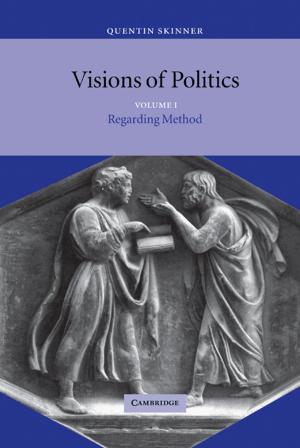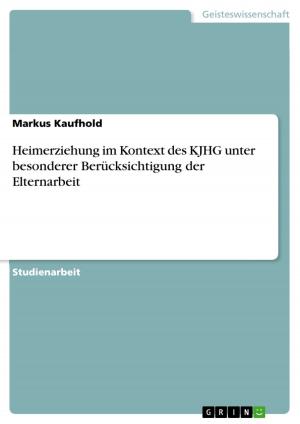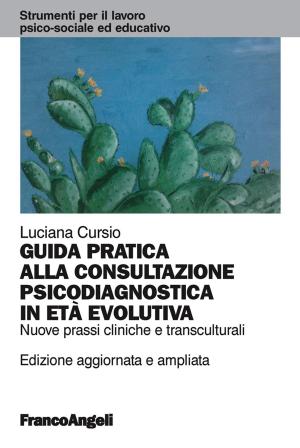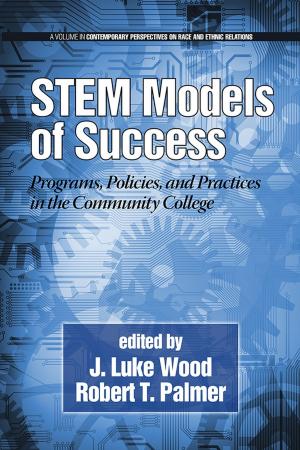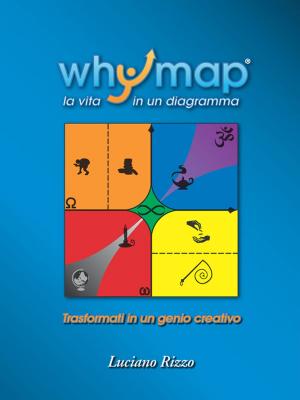A Theological Metaphor of Philosophy for Education
Open Source Theology
Nonfiction, Religion & Spirituality, Christianity, Education| Author: | Johannes Nortjé | ISBN: | 9781493505852 |
| Publisher: | Johannes A Nortje | Publication: | October 18, 2013 |
| Imprint: | Language: | English |
| Author: | Johannes Nortjé |
| ISBN: | 9781493505852 |
| Publisher: | Johannes A Nortje |
| Publication: | October 18, 2013 |
| Imprint: | |
| Language: | English |
The philosophy of education is a very neglected field of philosophy, not to mention the theological contemplation of the philosophy of education. That said, maybe education is such an integrally part of philosophy, and philosophy pure education, that philosophy itself is a philosophy of education. Bringing theology to the ball game, if God is an integrally part of everything, since God is not only the fountainhead of everything but also the sustainer of everything, then education is all of life, and all theology is education. The metaphor (word picture) that seizes this notion is the Hidden Curriculum.
This is precisely the Ancient Near Eastern (ANE) Hebrew worldview of education with the Shema (Deuteronomy 6:4-9) par excellence, of which the African philosophy of Ubuntu is a current and graphical instance of how this education motors. This book proposes a new metaphor by merging the Scriptures with the new tribalism of 21st century's social media. Three millennia after the ANE modern technology has completed a circle to take us back to the tribalism of sitting around the campfire again, or at the city gate, teaching and learning through being and socialising and perpetuate what we are or have become.
Open Source Theology is the analogy drown from GNU Open Source Software, like e.g. the Ubuntu Desktop Operating System (OS) that says what it names with its analogy drawn from the African philosophy ubuntu. Ubuntu OS is a community developed project, currently the third biggest OS after MS-Windows and iOS. Open Source Theology is a post-denominational, post-globalisation metaphor for education. Open Source Theology is a Liberation Theological hermeneutic populated from the bottom up, and not from the top down.
Current sermon preparations, and the fact that the Text/Scriptures are always before us since the Scriptures never get exhausted as the source for a next sermon, even on the same passage by numerous preachers and traditions, endorse the hermeneutic of the metaphor of Open Source Theology. The challenge this book deals with is how to translate this Holy Spirit inspired endeavour into higher education, and consequently free a tradition that rather caters for the elite and privileged, while residing in an idealism eclipsed from the reality it tries to educate. In short, the tradition only serves itself.
The philosophy of education is a very neglected field of philosophy, not to mention the theological contemplation of the philosophy of education. That said, maybe education is such an integrally part of philosophy, and philosophy pure education, that philosophy itself is a philosophy of education. Bringing theology to the ball game, if God is an integrally part of everything, since God is not only the fountainhead of everything but also the sustainer of everything, then education is all of life, and all theology is education. The metaphor (word picture) that seizes this notion is the Hidden Curriculum.
This is precisely the Ancient Near Eastern (ANE) Hebrew worldview of education with the Shema (Deuteronomy 6:4-9) par excellence, of which the African philosophy of Ubuntu is a current and graphical instance of how this education motors. This book proposes a new metaphor by merging the Scriptures with the new tribalism of 21st century's social media. Three millennia after the ANE modern technology has completed a circle to take us back to the tribalism of sitting around the campfire again, or at the city gate, teaching and learning through being and socialising and perpetuate what we are or have become.
Open Source Theology is the analogy drown from GNU Open Source Software, like e.g. the Ubuntu Desktop Operating System (OS) that says what it names with its analogy drawn from the African philosophy ubuntu. Ubuntu OS is a community developed project, currently the third biggest OS after MS-Windows and iOS. Open Source Theology is a post-denominational, post-globalisation metaphor for education. Open Source Theology is a Liberation Theological hermeneutic populated from the bottom up, and not from the top down.
Current sermon preparations, and the fact that the Text/Scriptures are always before us since the Scriptures never get exhausted as the source for a next sermon, even on the same passage by numerous preachers and traditions, endorse the hermeneutic of the metaphor of Open Source Theology. The challenge this book deals with is how to translate this Holy Spirit inspired endeavour into higher education, and consequently free a tradition that rather caters for the elite and privileged, while residing in an idealism eclipsed from the reality it tries to educate. In short, the tradition only serves itself.




